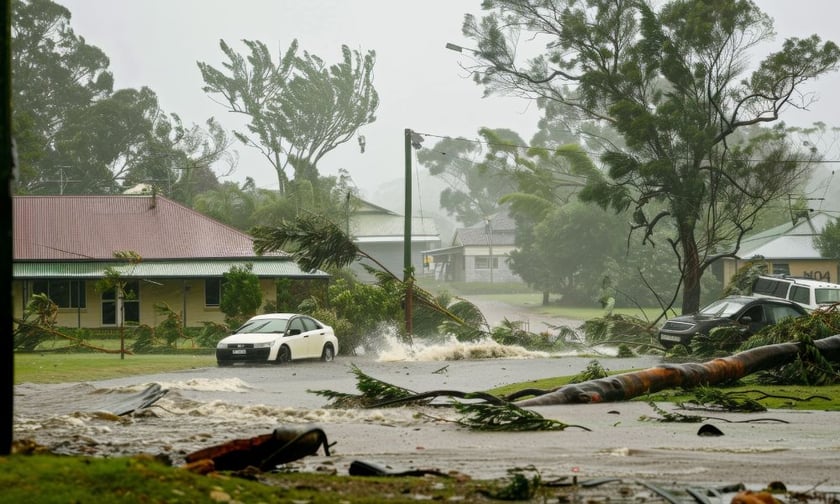

The Australian and New Zealand Institute of Insurance and Finance (ANZIIF) is calling on the insurance industry to enhance its preparedness for the expected surge in natural disasters this summer. The Bureau of Meteorology (BoM) has forecasted a heightened risk of such events and has attributed this to persistently high ocean temperatures around Australia.
According to the BoM, these conditions are likely to exacerbate fire risks in Victoria and South Australia while increasing the potential for flash flooding along the east coast. The warmer seas contribute to elevated moisture levels in the atmosphere, creating a more conducive environment for severe weather events. Furthermore, the BoM has predicted a very active cyclone season in northern Australia, with 11 named storms anticipated.
As natural catastrophes become more frequent, many Australians could face significant property damage and loss. A news release highlighted that this scenario presents a pressing challenge for insurance professionals, who will likely experience increased volumes of claims and increased activity in call centres. ANZIIF emphasised the importance of addressing customer needs with empathy and compassion during these critical times.
“The role of insurance professionals has never been more important in helping customers regain financial stability after a catastrophe,” said ANZIIF CEO Katrina Shanks.
To assist insurance professionals in managing customer interactions effectively, ANZIIF offers the “Empathetic Claims Management” short course. This program is designed to equip claims agents and managers with the skills necessary to provide empathetic, trauma-informed customer service. Meanwhile, the recently introduced “Creating Good Outcomes for Customers Experiencing Vulnerabilities” short course aims to help insurance professionals identify signs of vulnerability and communicate sensitively to better support at-risk customers, ANZIIF said.
“In light of the recent recommendations put forward in the 2024 Flood Inquiry Report, it is critical that insurance professionals take proactive measures to ensure they are able to deliver the best possible outcomes to customers facing these vulnerable circumstances,” Shanks said.
What are your thoughts on the current state of the Australian climate? Please share your comments below.
